
Learn, learn, learn.
Disco Elysium review (1) - a post-socialist game
Newbie's first post. I searched, and it seems that no one on the site has posted any content related to "Elysium Disco", so no matter how badly I actually wrote this article, I can shamelessly claim to be the best for the time being. I hope everyone can express their views on this game and this article freely. It is strongly recommended for those who have not played the game to play it first: this is not only the best game I have ever played, but also the best RPG judged by many senior game media and has won many authoritative game awards.
*The following contains spoilers for the game Disco Elysium.
*The following contains spoilers for the game Disco Elysium.
*The following contains spoilers for the game Disco Elysium.
Perhaps the most overlooked aspect of Disco Elysium is its creator's background in a post-socialist country. Many domestic comments will briefly mention this matter: the author is an Estonian, and he saw how miserable Estonia was after the disintegration of the Soviet Union, so he made this game to miss the Soviet Union and promote Marxism-Leninism... Such an understanding seems too taken for granted, and There is not much evidence to be found in the game itself. Although there is no doubt that Robert Kurvitz himself and his team are leftists, leftists are not equal to Marxist-Leninists. In their acceptance speeches at TGA 2019, they thanked Marx and Engels for their political education, but also Viktor Tsoi, the lead singer of a Soviet rock band in the 1980s and a liberal liberal who was often associated with Gorbachev. Reformation linked image. I think it is absolutely impossible for a true Marxist-Leninist to thank this kind of person.
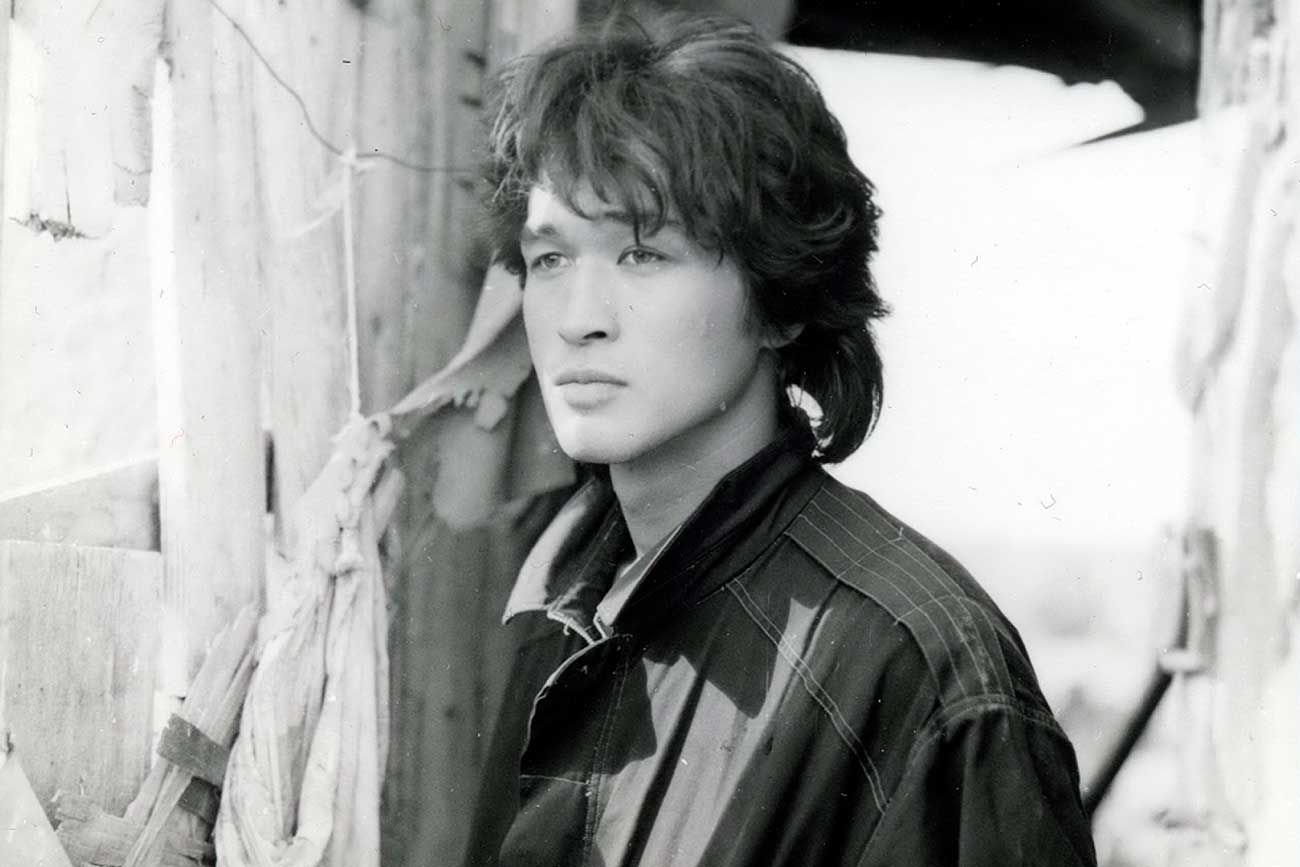
So what is their attitude towards Marxism-Leninism? I think we can quote what Zizek always said every time he answered this question: "The 20th century is over." This sentence seems to be hesitant, as if he did not give a clear attitude, Yet this is his attitude: the 20th century is over. Marxism-Leninism failed. Although he agrees with many Trotskyites' criticisms of Stalin, he does not believe that Marxism-Leninism failed because of one person or event by chance, but because the rigidity of the Soviet system prevented it from adapting to the new developments that accompanied late capitalism. mode of production and relations of production. Although this rigidity is indeed a legacy of Stalinism, the Stalinist model can be found in Lenin's New Economic Policy.
All in all, what we have to face now is the reality of today's post-socialist country. The most obvious feature of this reality is, of course, the exploitation of international capital under global capitalism, and the second is "there is no alternative". The status quo is bad, and its continuation may lead to the extinction of all human beings; however, since the failure of Mazovism, the left cannot come up with a complete and new theory of post-capitalist life, leaving only what Zizek calls "Delayed Rot" left-wing liberals. However, you can find that in post-socialist countries, you don't even have the right to choose this kind of "delayed rot". Martinez, where you live, is the most stark of all the antagonisms that exist in this post-socialist country called Rivacho. International capital first razed it with planes and cannons, and later wanted to invest in rebuilding it, and in the end due to market fluctuations, only a lot of unfinished plans and ruins were left (another theory is that this is because of "gray matter" The source of is in Martinez, but I don't think it's a conflict, I'll explain it in the next post).

The real power in Martinez, however, is the dockworkers' union. Ironically, although the existence of trade unions in Martinez is a legacy of the revolution, it is not a challenge to international capital in any sense. There is even a sentence in the dialogue that said: International capital left them there, just imagining Observe this peculiar spectacle as if you were a bird in a cage. They call themselves a social democratic organization, but they are not class conscious. They are gangsters in every way: they sell drugs, they have a gang of "order" thugs, and they have a boss who is deeply corrupt. After winning higher wages and pensions in the previous strikes, the union boss proposed in the new strike that "all dock workers join the board of directors", which is unrealistic, not in line with social democracy and impossible to achieve Request, the purpose may be just to get more bribes for himself. Trade unions symbolize the corrupt party organizations that exist in post-socialist countries, the gangsters who are allied with racists, sexists, and opportunists.
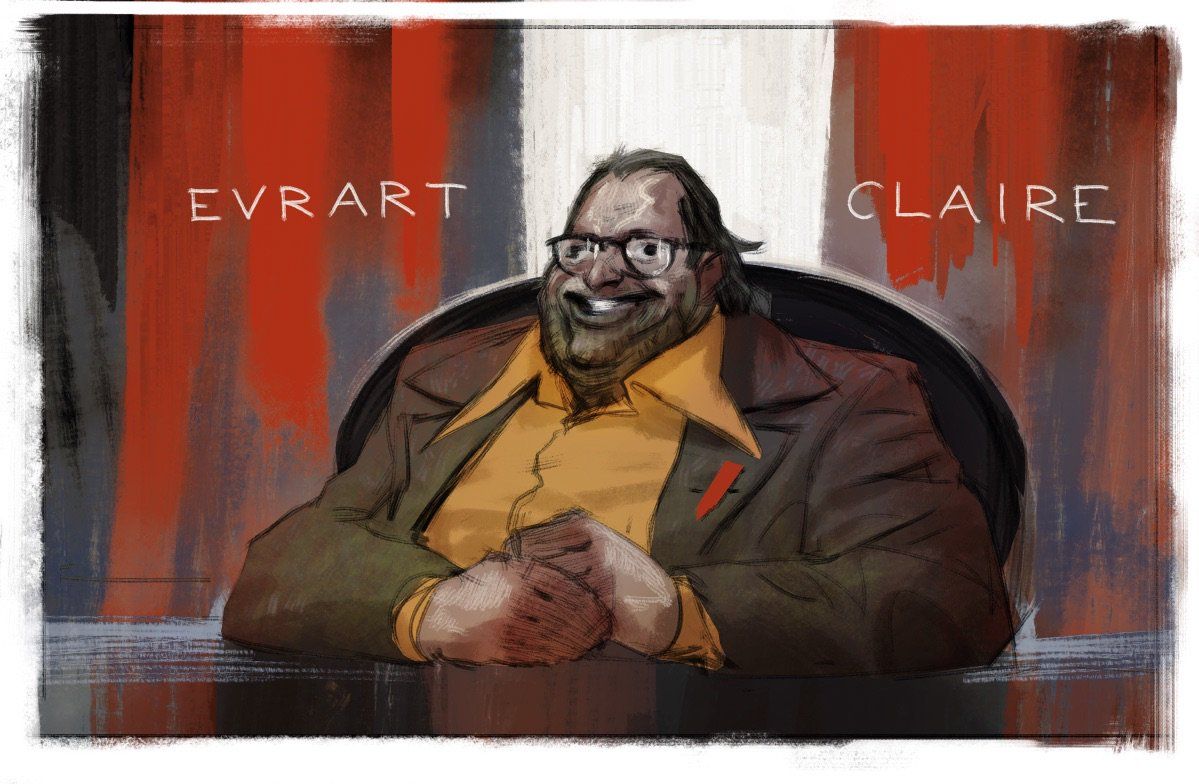
"Social-Democratic trade unions" are hopeless, but what about the liberals? Liberals are in power! Joyce, the representative of Wild Pine Company, was one of them. The Liberals were the majority that survived the bloody war between the Rivacho Commune and the League of Nations. They came out at the end of the war and signed the surrender agreement, turning Revacho into a "controlled area" without any government in charge, and sold almost all of Revacho's assets to international capital. The closest thing to a state apparatus that exists in Revacho is the RCM represented by your protagonist, but it still needs to report to the Guardian International, which is composed of international capital. After you express your outrage at what the liberals are doing, Joyce asks you, "If it were you, would you do things differently?" You, with communist leanings, answer like a good Stalinist: "They didn't kill enough people! If it were me, I would kill 400 million people!" But you don't believe this statement yourself. Even if 400 million people are killed, the revolution will still fail and nothing will change.
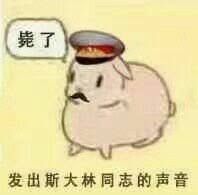
Some people think that the deserter who is the real murderer, as a Marxist-Leninist, is actually a positive character. It is only because Western players are brainwashed by liberalism that they think he is crazy. Sorry, it is impossible for Marxist-Leninists to agree with what he said. The deserters knew it before the League of Nations launched an air strike: the revolution had failed. So he fled the post. Returning to his anti-aircraft turret on the island the day after the raid, he wrote a self-criticism and then "returned to his post," pretending that the post had any special meaning. In an essay discussing Lenin's legacy, Žižek refers to what Lacan calls "narcissism for hopeless causes," that is, those who appear to be loyal but can't wait for the revolution to fail so that they can make The mentality of people they look up and sigh. If the deserter is really loyal to the revolution, he should die. "The revolution will eat her own children," a true revolutionary is prepared for.
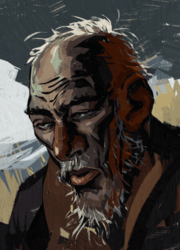
Of course, he was less than 20 years old at the time, so it is completely understandable to be afraid of dying in battle. Under the pursuit of international capital, he fled everywhere to save his life. To justify his own existence, he uses his "belief" in Marxism-Leninism to establish moral superiority over all others. All living beings except him are traitors. Holding his military sniper rifle, he inspected Martinez every day, and shot to death when he saw anyone he didn't like. When the protagonist praises his noble behavior of not surrendering, he still insists that his motivation is class, and "noble" is just a lie of the bourgeoisie. But later he finally admitted that he shot the mercenaries because of his sexual jealousy, and the material basis of the revolution had disappeared, which meant that it was useless for him to shoot more people. (The mention of his own shooting in the deserter’s line can be said to be a criticism, which can be combined to infer the message the author wants to convey: the current Marxist-Leninist does not even believe the criticism he wrote.) Moreover, it is he Senseless killings lead to clashes between mercenaries and unions, and many unnecessary deaths.
The deserters are most concerned about René, who has been wearing the uniform of the Royal Guard. He said that he was the one who felt the most unhappy and wanted to kill him; however, until René died of natural causes, the deserter did not pull the trigger. René and the deserter are just two sides of the same coin. They both use the past ideology to play role-playing to make the bleak reality they face more acceptable; and the self-identity of the deserter seems to be dependent on René in a sense. Yes, it seems that as long as René is not dead, the revolution is not over, and his existence as a "revolutionary soldier" still has meaning.
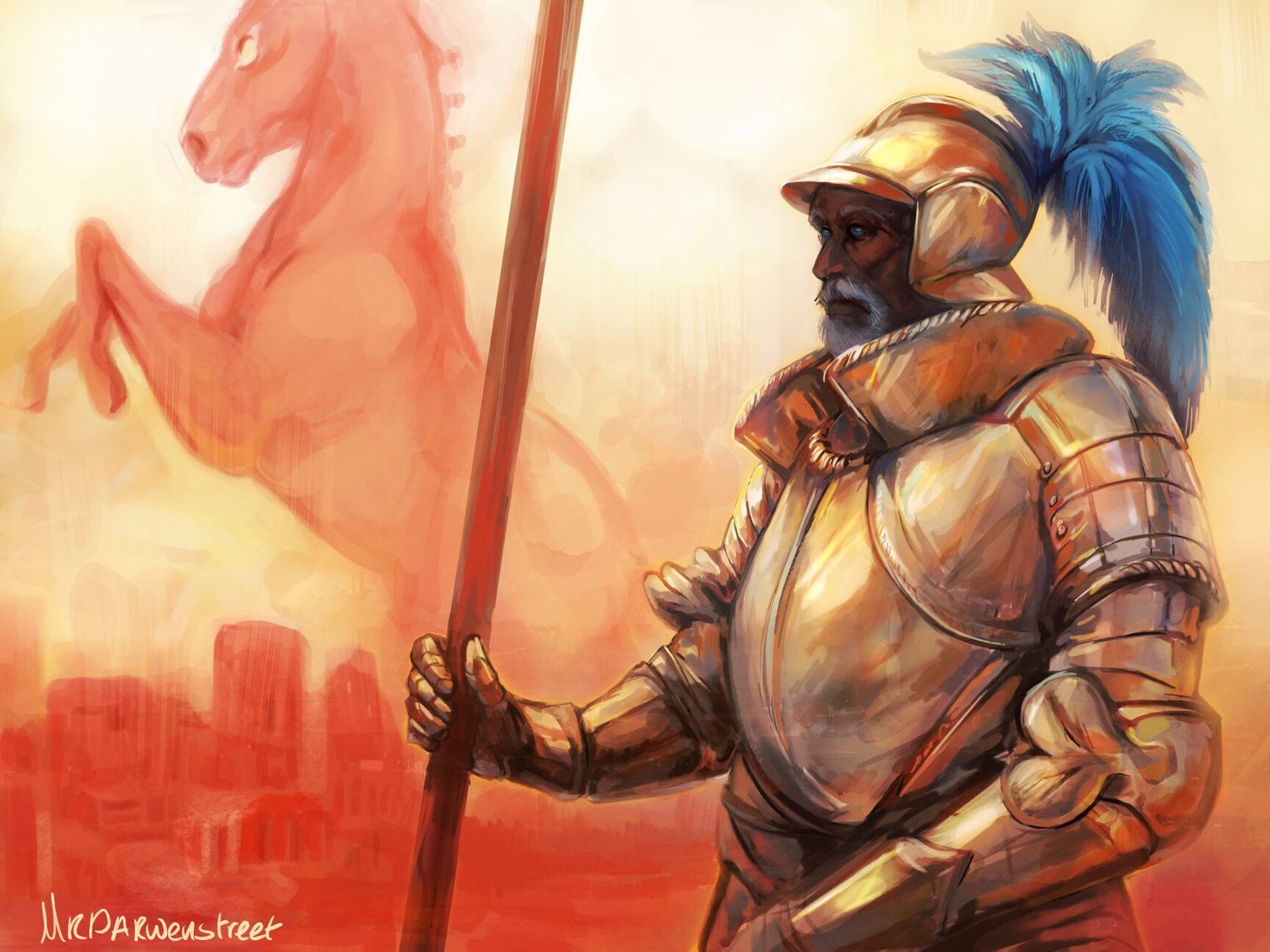
The hope of a new world does not exist in the existing ideology or political organization, especially not in the existing ideology or political organization of post-socialist countries - this is the first message the author wants to convey, and the global capitalist order The awareness that all leftists should have.
Like my work?
Don't forget to support or like, so I know you are with me..
Comment…